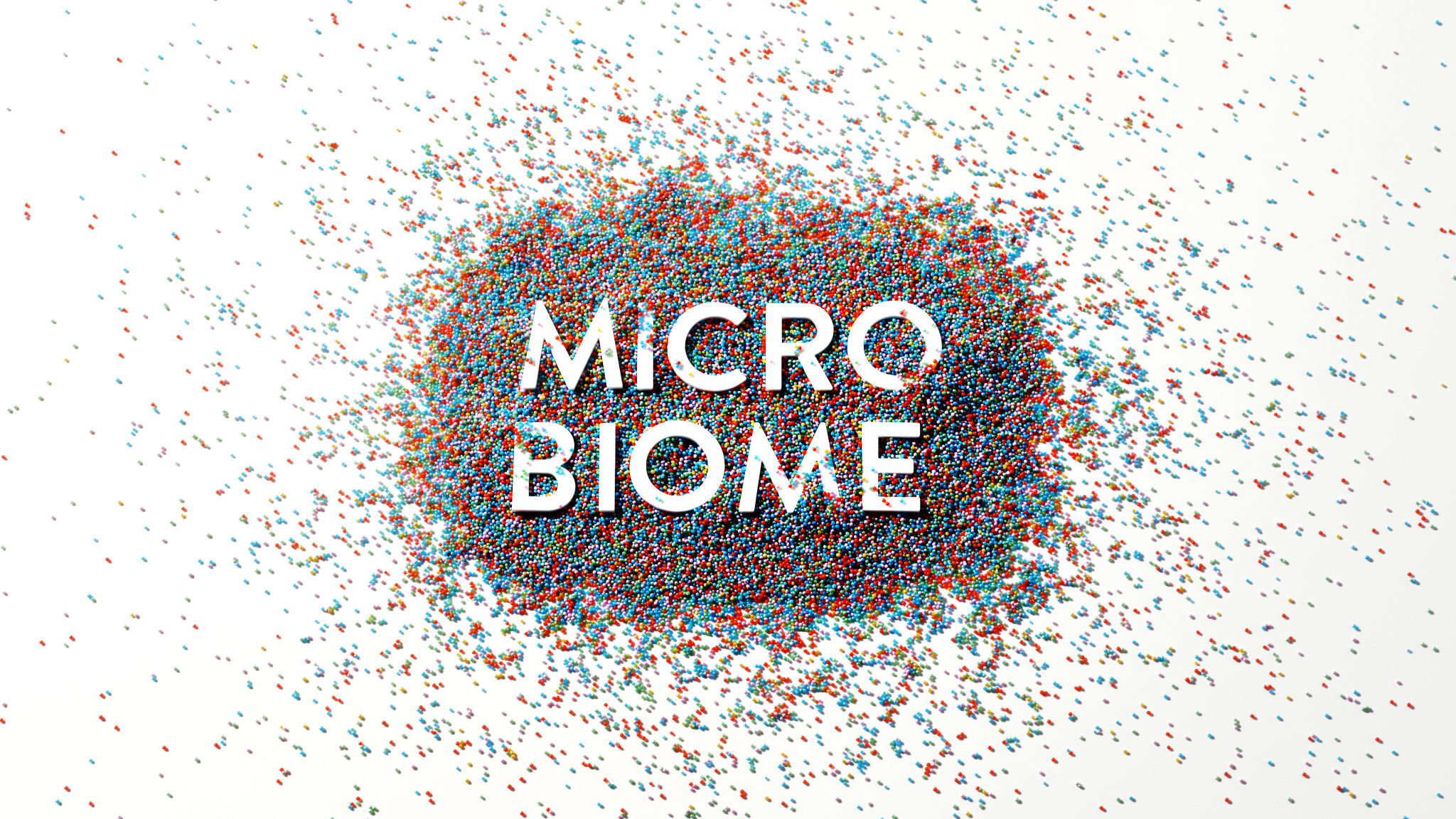Mangalam A, Shahi SK, Luckey D, Karau M, Marietta E, Luo N, Choung RS, Ju J, Sompallae R, Gibson-Corley K, Patel R, Rodriguez M, David C, Taneja V, Murray J. Human Gut-Derived Commensal Bacteria Suppress CNS Inflammatory and Demyelinating Disease. Cell Rep. 2017 Aug 8;20(6):1269-1277. doi: 10.1016/j.celrep.2017.07.031.
The human gut is colonized by a large number of microorganisms (∼100 million, million bacteria) that support various physiologic functions. A perturbation in the healthy gut microbiome might lead to the development of inflammatory diseases, such as multiple sclerosis (MS). Therefore, gut commensals might provide promising therapeutic options for treating MS and other diseases. We report the identification of human gut-derived commensal bacteria, Prevotella histicola, which can suppress experimental autoimmune encephalomyelitis (EAE) in a human leukocyte antigen (HLA) class II transgenic mouse model. P. histicola suppresses disease through the modulation of systemic immune responses. P. histicola challenge led to a decrease in pro-inflammatory Th1 and Th17 cells and an increase in the frequencies of CD4+FoxP3+ regulatory T cells, tolerogenic dendritic cells, and suppressive macrophages. Our study provides evidence that the administration of gut commensals may regulate a systemic immune response and may, therefore, have a possible role in treatment strategies for MS.

Prevotella histicola are Gram-negative bacilli that are obligately anaerobic, vary in pigmentation and are non-motile. Prevotella histicola is found in the mucosal tissues of the human oral cavity and is considered a normal flora of the human oral microbiota.
Prevotella histicola is found living in the dental plaque of the mouth. Dental plaque is simply the colonization of a microbial community on the teeth in the form of a biofilm. Dental plaque is thought to be beneficial to the host as it may aid in fighting off pathogens. It also may contribute to pathogenesis.
But before you give up getting your teeth cleans, remember this is a mouse study and the same group did a study in mouse arthritis last year and came to the same conclusion. We would need to know what this bacteria does in other species importantly in humans.
Labels: Microbiome
